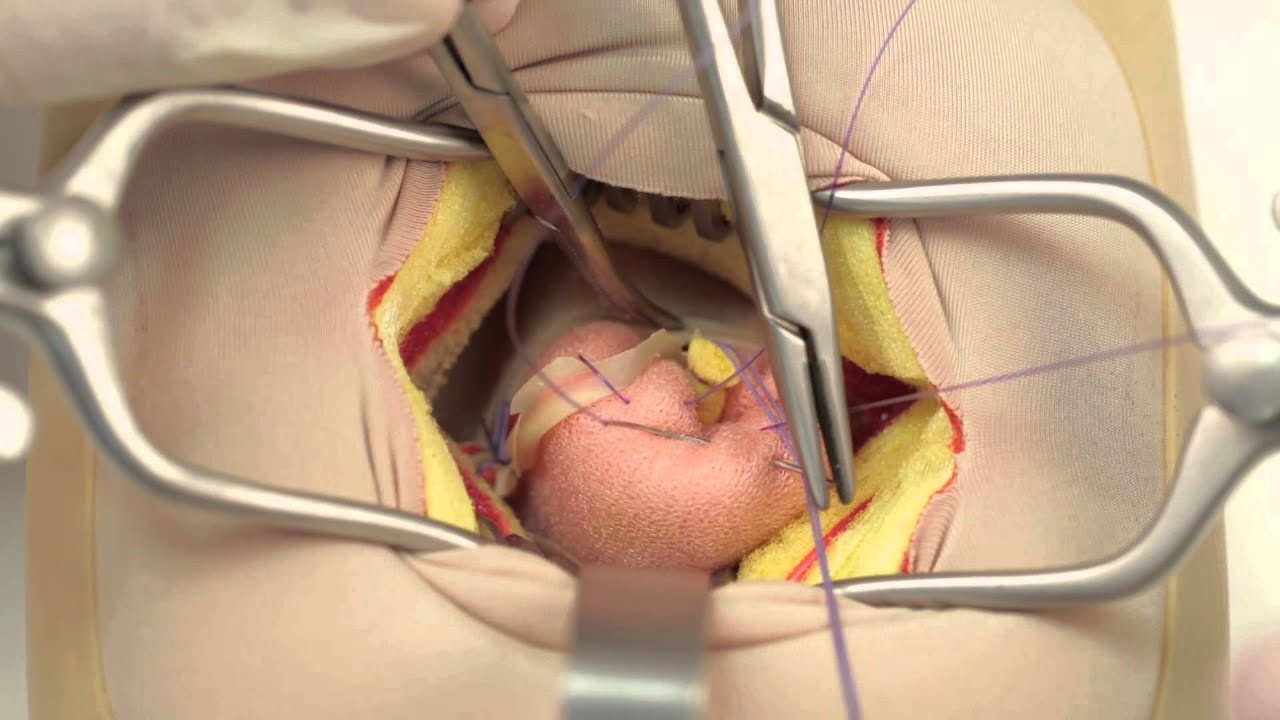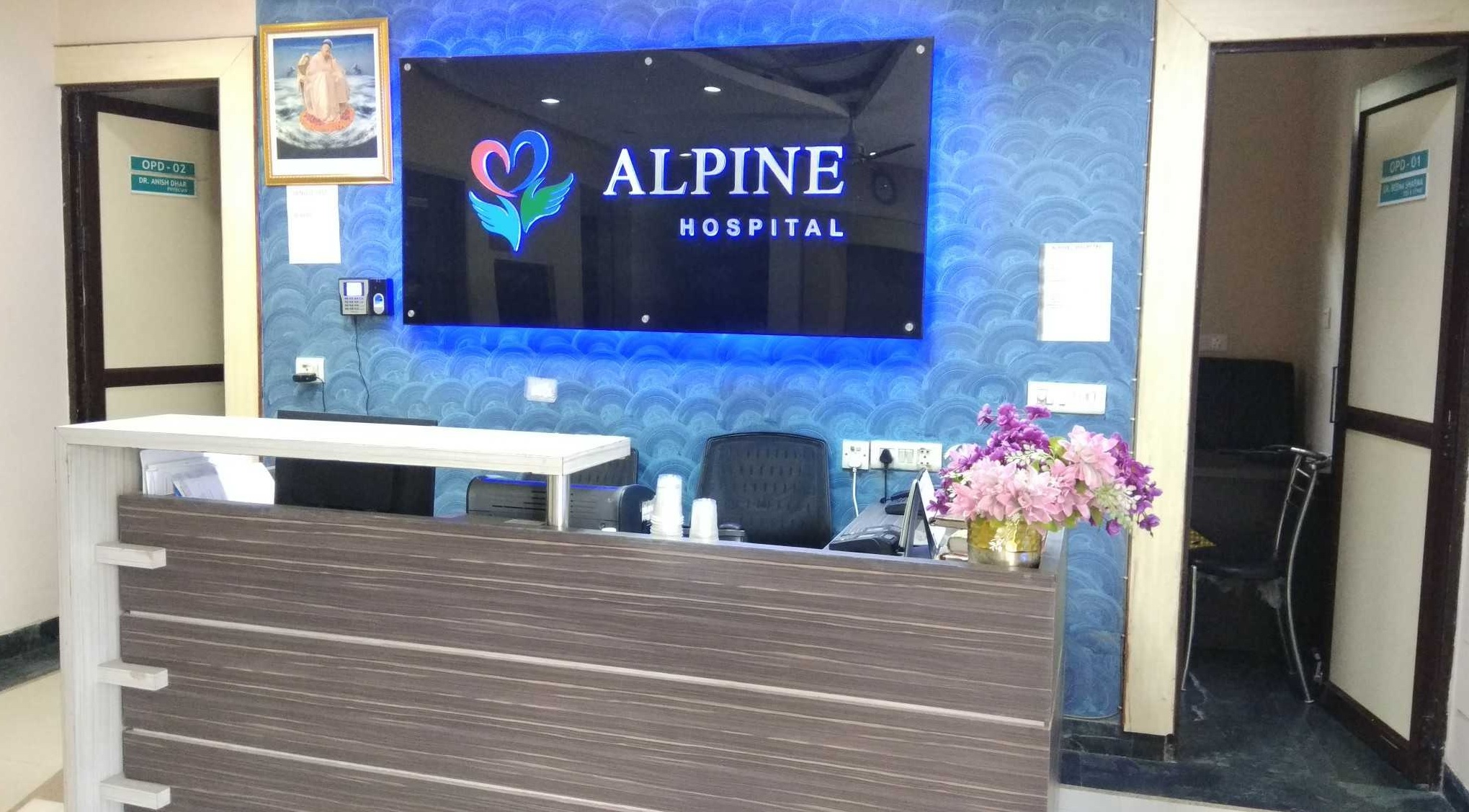Open Appendectomy

Treatment Duration
45 Minutes
------ To ------60 Minutes
Treatment Cost
₹ 40,000
------ To ------₹ 1,10,000

Book Appointment for Open Appendectomy
You can check Open Appendectomy Cost here.
Open Appendectomy
An Appendectomy is a surgery to remove the appendix when it is infected. This condition is called appendicitis.
Appendectomy is common emergency surgery.
- The appendix is a thin pouch that is attached to the large intestine. It sits in the lower right part of your belly. If you have appendicitis, your appendix must be removed right away. If not treated, your appendix can burst. This is a medical emergency.
- There are 2 types of surgery to remove the appendix. The standard method is an open appendectomy. A newer, less invasive method is a laparoscopic appendectomy.
Open appendectomy.
- A cut or incision about 2 to 4 inches long is made on the lower right-hand side of your belly or abdomen.
- The appendix is taken out through the incision.



Benefits of Appendectomy Procedure
A laparoscopic appendectomy has
- A shorter hospital stay,
- shorter recovery time, and
- ower infection rates
Who Needs Appendectomy Surgery
- Sudden pain begins on the right side of the lower abdomen.
- Pain begins around your navel and shifts down to the right side of your belly.
- Pain is triggered if you cough, walk or make any forceful movements.
- Nausea, constipation or diarrhoea, loss of appetite.
- Accumulation of gas in the alimentary canal (also known as flatulence).
- If you are pregnant, your appendix is higher during pregnancy. The pain may seem to come from the upper abdomen.
- If you have an obstruction or blockage while passing urine.
- Tumour or any unspecified growth.
What will happen if surgery is delayed?
- Delaying the surgery can lead to some of the following problems:
- It may cause the appendix to burst or rupture.
- If the inflamed appendix ruptures, it will lead to the infected contents flowing into the abdominal cavity.
- This can cause a serious problem which can lead to peritonitis. Peritonitis is an inflammation of the membranes which lines the abdominal walls and organs.
- It can lead to swelling and redness of the belly.
- Blockage of bowels.
- Dull and sharp pain will turn into severe cramps if not treated.
Procedure Description of Open Appendectomy
There are two main surgical techniques which include “open appendectomy” and “laparoscopic appendectomy”.
Open appendectomy:
- An incision or cut will be made in the lower right part of your belly. The incision is made through the skin, then the underlying tissue, and finally the wall of the abdomen in order to reach the appendix.
- Then your abdominal muscles are separated, and the abdominal area will be opened.
- If you have any pus in the area, it is then aspirated, and the area is washed. The appendix is then removed.
- If you have a ruptured or burst appendix, your belly will be washed out with saline.
- Sutures will be placed to close the hole in the intestine.
Laparoscopic appendectomy:
- Laparoscopic appendectomy is a technique that involves more than one tiny incision in the abdomen through which the instruments are inserted.
- CO2 (Carbon dioxide gas) is gently pumped into the abdomen to swell it up so that your appendix and the other organs are easily seen.
- The laparoscope then is inserted into your appendix and it is removed with an incision.
- When the surgery is over, the instruments will be removed. CO2 gas will be let out through the cuts, and a small tube may be placed to drain the fluids.
After completing the procedure, sutures will be placed followed by a sterile dressing to cover the wound.
What to expect before surgery?
- Your doctor will first do a routine checkup, and the doctor will explain the surgery to you.
- Next, you'll be asked to sign a consent form that gives your permission to the doctor to do the surgery.
- You will be enquired about your past health, for which you might also be asked for your blood tests or any diagnostic tests.
- Your doctor may ask if you are under any medications for underlying diseases like diabetes, hypertension, etc.
- You must not drink or eat anything at least 6 hours before surgery.
- Tell your doctor if you are pregnant or allergic to anaesthesia or latex.
- A sedative will be given to relax before the procedure
- What to expect on the day of surgery?
- You will be asked to stop eating or drinking depending on the results of pre-admission assessment.
- Before the surgery is carried out, you must remove your ornaments and change your clothes.
- Surgical site preparation like shaving your hair in that particular area will be done.
- An anaesthetic will be given to you before the surgery so that you won’t feel any pain during the whole procedure.
- What to expect during open appendectomy surgery?
- Depending upon your condition, you will either have an open appendectomy or laparoscopic appendectomy.
- In most cases, open appendectomy requires a hospital stay.
- You will be given an anaesthetic that can either be general anaesthetic or a spinal/epidural anaesthetic, but general anaesthesia is given in most cases.
- You'll be provided a gown to wear during the surgery.
- To help you breathe, a tube will be put down your throat. Then, the anaesthesiologist will check your blood pressure, pulse rate, heart rate, and blood oxygen level during the surgery.
- Medications during the surgery will be given to you through the IV route.
Recovery and Post Op care after open Appendectomy?
What to expect after surgery?
- After the surgery is completed, you’ll be taken to the recovery room. Your doctor will monitor your vital signs such as your heart rate, blood pressure, pulse rate.
- Your recovery rate will vary depending on the type of surgery you had - either open appendectomy or laparoscopic appendectomy.
- If you have undergone a laparoscopic appendectomy, you may be discharged and sent home from the recovery room.
- You’ll be given medicines for pain as you need them.
- You might have a thin plastic tube from your nose to your stomach, which is used to remove air you swallow and the stomach fluids.
- The tube will be taken out when your bowel movement is stable.
- Until this tube is removed, you cannot eat or drink anything.
- At your home, you must keep your incision clean and dry.
- You will have to restrict your physical activities. A normal walk or moving around a bit is okay, but don't make any forceful movements until you ask your doctor.
First follow up appointment
- You will be set up for follow-up visits with your doctor. The first follow-up is usually after 2 or 3 weeks.
- Your sutures will be removed, and your doctor will examine the wound.
- You will be given instructions on your dietary sources, as per your day-to-day activities.
- Your doctor might ask you for blood tests after surgery to see the improvement.
- Depending upon your recovery rate, your doctor will change your medication or say to continue with the previous one for some more time.
- You'll be advised for further timely follow-ups.
Risk and Complication after Open Appendectomy
When to consult a doctor?
- You should visit or call your doctor if you are having the following problems:
- Chills or fever
- Bleeding, swelling, redness at the incision site
- Pain around the surgical site
- Unable to eat or drink even after 2 weeks.
- Cramps around your belly
- Diarrhoea for more than a week
- Vomiting
- Restricted bowel movements
- If you have any side effects because of the medicine provided by the treating doctor
- Itching around your sutures
- Any kind of infection or inflammation around the sutures
- Seek immediate medical care or visit your doctor if you are facing any of these problems and explain to them in detail how you are feeling. If you have any other questions, discuss them with your doctor.
Expert Doctors
NABH Accredited Hospitals
More Treatment options
Book Appointment for Open Appendectomy











